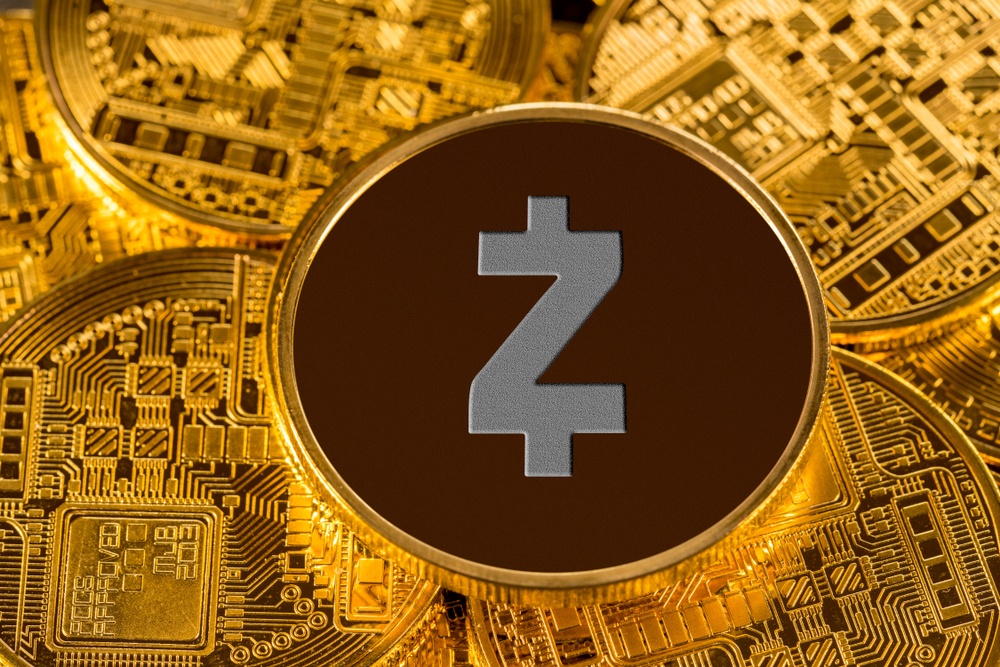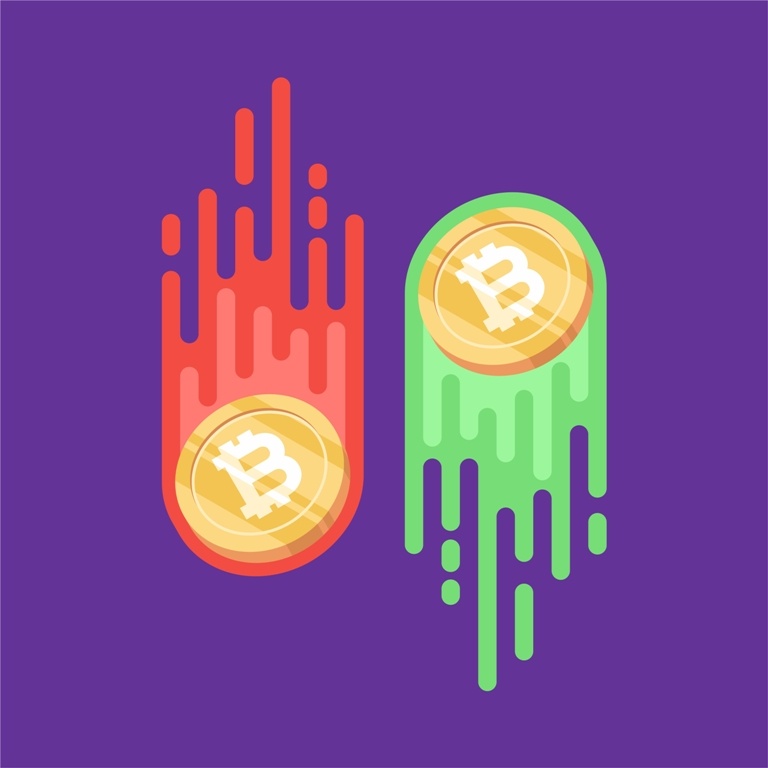Are Privacy and Fungibility the Biggest Threats to Bitcoin?

Privacy Protocols, Fungibility Threats, and Open-Source Solutions
Key Takeaways:
- A lack of fungibility in the future may be the biggest threat to Bitcoin
- Code has been developed by Blockstream to integrate greater user privacy into the Bitcoin protocol and improving the fungibility of the cryptocurrency
- There are a number of blockchain alternatives that have privacy-focused technology integrated into the base layer of the protocol
“The concern already exists, although it has yet to translate into a broad market impact”
Andreas Antonopoulos
One of the most esteemed authorities on Bitcoin, Andreas Antonopoulos, believes the biggest threat to Bitcoin could be a lack of fungibility. The crypto community is often concerned about government crackdowns or 51% attacks but could the real threat be something which sneaks up on us steadily?
Antonopoulos recently talked to Diar, an institutional data provider and publication, at the Deconomy conference and detailed why fungibility may be the biggest threat to Bitcoin.
What is fungibility?
Fungibility is a simple but powerful concept. It deals with the idea that every bitcoin is equal to every other bitcoin.

Taking an example of something which is non-fungible may help us grasp the concept better. CryptoKitties, the Ethereum-based application, is based around tokens that represent unique breeds of digital cats.
With each CryptoKittie being unique, the tokens representing these digital cats are non-fungible. Fungibility is important to bitcoin as it is fundamental to its acceptance and adoption as money that every bitcoin is considered to be of equal value.
Where may this not be the case? There are a number of scenarios where one bitcoin may not be equal to another.
Bitcoin involved with illicit or illegal activities may potentially become tainted in the future and be blacklisted by merchants and businesses. This would result in parallel markets forming with tainted bitcoins trading at a discount and destroying the fungibility of bitcoin.
On the other side, newly minted bitcoin that miners receive through block rewards may trade at a premium due to their lack of a potentially tainted transaction history. Diar has also noted that mining hosting services have received some requests for such newly minted coins but that any transactions which have taken place typically are executed at market prices.
What are the solutions?
When Bitcoin was developed in 2008, it made use of the ECDSA signature algorithm to verify ownership of bitcoin and to sign transactions to transfer ownership. The state of digital signature technology was more limited in 2008 and there are some limitations which come as a result of using ECDSA.
Notably, it is more difficult to produce multi-signature transactions that involve more than one party and it also has weak levels of user privacy. Privacy is a concept which is inherently linked with fungibility.

If privacy is protected, the fungibility of the cryptocurrency is also protected as it is impossible to say whether the cryptocurrency has a tainted history. Bitcoin development company Blockstream have developed a new signature algorithm which proposes greater levels of user privacy.
This may be a potential solution to the privacy problem of Bitcoin. However, the Bitcoin protocol has been notoriously difficult to implement changes into.
Unwanted changes have resulted in hard forks such as Bitcoin Cash which can be detrimental to the support for the blockchain with the longest history of proof-of-work. The question is whether privacy features can be integrated into the protocol fast enough to nullify any threat of lack of fungibility becoming an issue.
What are the alternatives?
There are several privacy-oriented cryptocurrencies that already have the technology integrated into the base layer of the protocol to protect privacy. If privacy features fail to be integrated into the base layer of the Bitcoin protocol and fungibility proves to be a real threat, we could see one of these protocols take a dominant position.
Even among so-called Bitcoin maximalists, Monero is often a protocol which is held in high regard. Monero uses ring-signature technology to obfuscate the amounts and origins of transactions, thus protecting the privacy of users.
Zcash is another privacy-focused project led by esteemed cryptographer Zooko Wilcox. Zcash uses a technology called zk-SNARKS.
The zk-SNARKS technology is believed to hold huge potential for privacy implications. The technology serves to hide all of the information of the transaction apart from what makes it valid.

Many consider that zk-SNARK technology is still at an extremely early phase and requires a lot of development before it becomes secure. Zcash has also received some backlash for having a more centralized structure for launching and operating the network.
Grin is a recently launched cryptocurrency that was launched on the 15th of January 2019. Grin uses the MimbleWimble blockchain.
The MimbleWimble blockchain was proposed via a text document left by an anonymous user in a Bitcoin chat in July 2016. The network is designed to emphasize scalability, privacy, and fungibility.
MimbleWimble replaces the Bitcoin UTXO model with multi-signature transactions. Instead of addresses, transaction participants create a multi-signature key whereby only the two participants completing the transaction know that the transaction has taken place.
MimbleWimble is a relatively new technology but has managed to generate excitement among the cryptocurrency community. The origin of the idea via an anonymous posting a text file has been compared to Satoshi Nakamoto remaining anonymous.
The Key Privacy Points
Antonopoulos has proven himself time and time again to be an expert whose thoughts and ideas deserve attention. If he envisions fungibility as a real threat, it may very well be the biggest threat to Bitcoin right now.

Although the Bitcoin protocol is resistant to change, if parallel markets starting existing for bitcoin as a result of it lacking fungibility, a solution would likely be rapidly implemented into the protocol. However, would it be too late at that stage?
Many of the technologies noted above have interesting technological solutions for dealing with privacy. But is their main advantage the possibility that bitcoin could turn out to be non-fungible.
